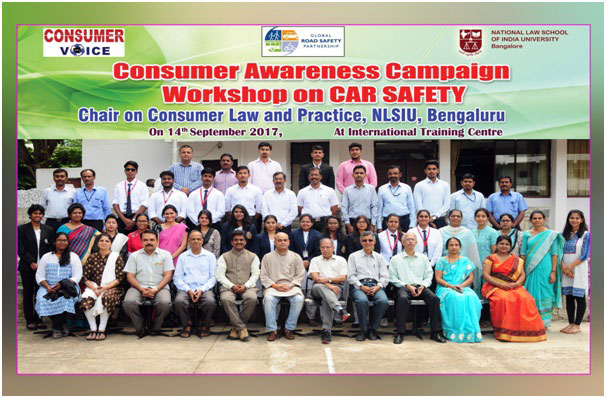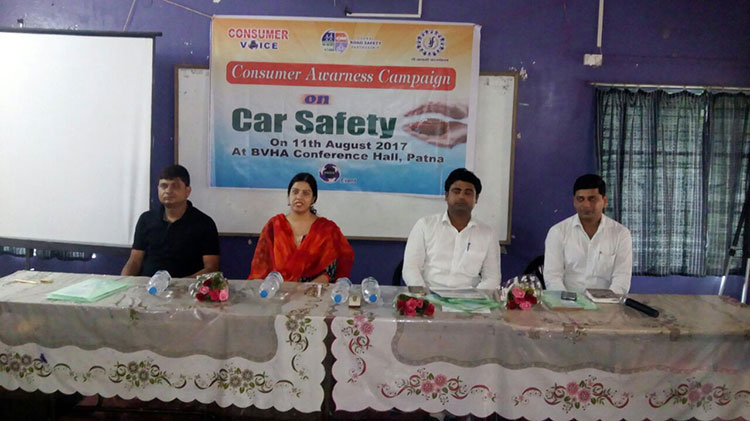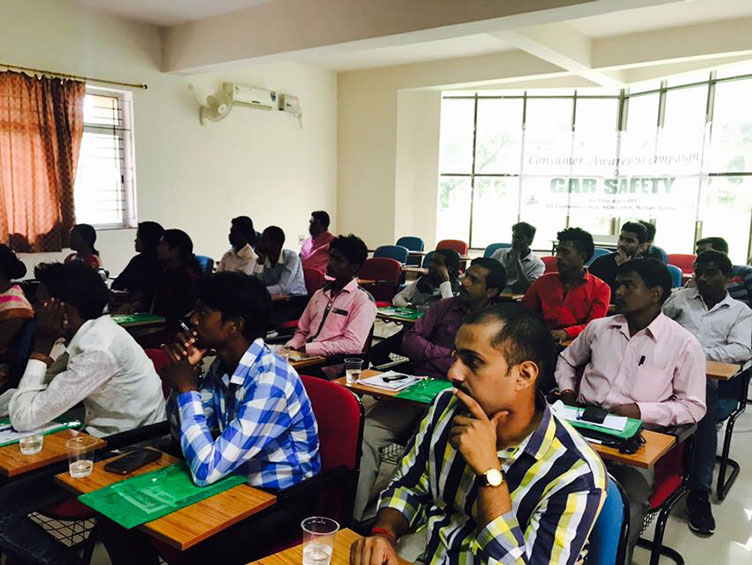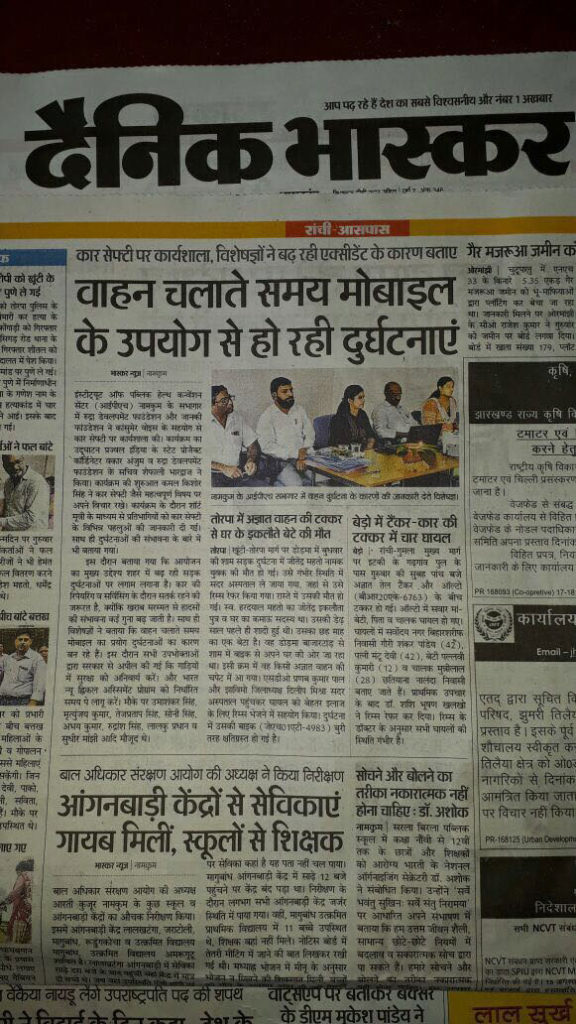In today's technology-driven landscape where digitalization is ubiquitous, companies confront an escalating threat landscape in the form of...

All that you want to know about IPO
All that you want to know about IPO
Investing in IPOs (initial public offerings) has been picked up lately. The trend is going to be here with Indian companies minting millions including the likes of Nykaa, who made its employees millionaires overnight with the listing. In the year 2021 alone, we saw nine startups to went public raising funds to the tune of $5.86 Bn. The year 2022 might see 16 startups to go public out of which two have received SEBI’s approval and five DRHPs are yet to be approved. There are quite a few Indian companies including MobiKwik, Delhivery, travel giant Ixigo, OYO, Droom to file their draft-red-herring-prospectus (DRHP). We consumers invest in IPO to get good returns. On the other hand, IPO is a similar process in which companies raise money from the market with the condition. So, what are the procedure to try one’s luck at the bourses? Let us check here.
Subas Tiwari
IPO or Initial Public Offering occurs when a company issues its common stock or shares to the public for the first time. IPO is issued by limited companies so that they can get listed on the stock exchange. After listing on the stock market, the shares of the company can be bought in the stock market. The company issues IPO to raise funding in case of investment or expansion. The two main reasons for a firm to start an IPO are to raise capital and to enrich former investors.
There are two types of IPO
- Fixed Price IPO- Fixed Price IPO can be referred to as the issue price that some companies set for the initial sale of their shares. Investors get to know about the price of the shares which the company decides to take public. The demand for shares in the market can be ascertained after the issue is closed. If investors participate in this IPO, they must ensure that they pay the full value of the shares at the time of applying.
- Book Building IPO- In the case of book building, the company initiating the IPO offers investors a 20 per cent price band on the shares. Interested investors place bids on the shares before the final price is decided. Here investors need to specify the number of shares they wish to buy and the amount they are willing to pay per share.
The lowest share price is known as the floor price and the highest stock price is known as the cap price. The final decision regarding the price of the shares is determined by the bids of the investors.
Some recent examples
IPOs are ready to make the stock market buzzing in the new year as well. Companies are expected to raise up to Rs 1.5 lakh crore (IPO of 2022) from IPOs in 2022 as well, after the spurt in 2021. The IPO of the company (Ruchi Soya IPO) from Gautam Adani to Baba Ramdev is going to hit this month. Significantly, 2021 was the best year for IPO in the last two decades in the Indian market. Excess liquidity and increased participation from retail investors continued to fuel the IPO’s enthusiasm and companies raised over Rs 1.2 lakh crore this year amid the gloom of the pandemic. LIC’s IPO is also about to come.
Gautam Adani and Baba Ramdev’s companies to hit IPO
Adani Wilmar’s IPO is going to come this month, which will be around Rs 4500 crore. Ruchi Soya’s IPO of about Rs 4300 crore is also going to hit this month. Go Airlines is also going for close to Rs 3600 crore IPO. MobiKwik’s Rs 1900 crore IPO is also expected this month. Apart from these, Rs 998 crore IPO of ESAF Small Finance Bank Ltd and Rs 500 crore IPO of Traxon Technologies will also come this month. On the other hand, Skanray Technologies will have an IPO of Rs 400 crore as well as OFS. ESDS Software Limited’s IPO of Rs 332 crore is also coming with OFS.
LIC’s IPO will come this year
In the year 2022, massive fund raising through the primary market will start with a big IPO of public sector company Life Insurance Corporation (LIC). Apart from this, many new age digital players are ready to enter the IPO market.
However, some believe that the enthusiasm will be a bit low in 2022. The market sentiment next year will be affected due to the new nature of Covid-19 and in such a situation the uncertainty is taking a toll on the markets and the economy. The 2022 IPO will not be as encouraging as 2021 for the markets, especially considering that some of the big public issues like Paytm has not done well post listing in the recent past.
Let’s know how does IPO work
IPOs can be rewarding investments. As an investor, you definitely don’t want to miss out on these opportunities that don’t present themselves all too often. Here’s what you need to know about IPOs before investing.
- An IPO is an offer of new shares of a private company to the public for the first time. Ownership changes hands – from being entirely privately held, the company is now giving ownership to the masses
- Not every company can afford to raise enough money from private investors. Also, going public presents other benefits than just raising capital
- As an investor, you stand to make extremely high returns on your investment if you pick the right IPOs
Let’s get the basics right first
- An IPO is an offer of shares by a company in exchange for capital
- The entire process is regulated by SEBI – the Securities & Exchange Board of India
To buy shares of any company in an IPO, you have to bid for these shares - If your bid is accepted, you are allotted shares. In case shares aren’t allotted in case of over subscription, you’ll get your money back
- If you participate and buy stocks in an IPO, you become a shareholder of the company
- As a shareholder, you can enjoy profits from sale of your shares on the stock exchange, or you can receive dividends offered by the company on the shares you hold
- To file an IPO, companies must measure up to strictly enforced criteria and regulations to get SEBI’s (Securities Exchange Board of India) approval
- IPO issues is open to all retail investors. Any client can apply through a broker.
Related
Decoding Cyber Coverage in India: Your Ultimate Guide
Navigating Insurance Options: Comprehensive Coverage for Diabetics in India
As the prevalence of diabetes continues to rise steadily in India, individuals grappling with this chronic condition encounter myriad challenges,...
Understanding International Travel Insurance
International travel insurance serves as a financial product crafted to shield travellers from unforeseen events and expenses while journeying...






